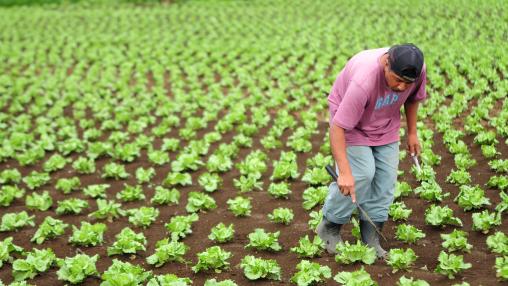
Food Security and Incomes in Guatemala During Food Crises
Since early 2020, Guatemala has faced a multitude of food security shocks: from the outbreak of the COVID-19 pandemic and resulting restrictions on movement and disruptions to agricultural trade to widespread flooding following several major tropical storms to skyrocketing staple food prices. A new article in World Development examines the immediate and longer term impact of these shocks on households’ incomes, diets, food security, and migration decisions, particularly in rural areas.
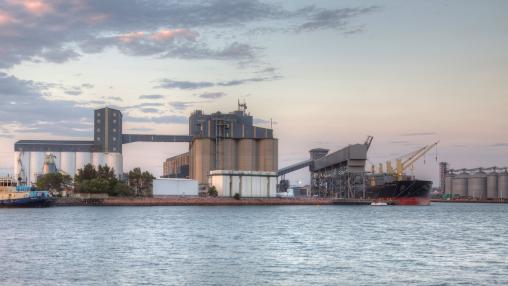
Strengthening Food Security Through Global Trade
With one in six people around the world almost entirely dependent on international trade to meet their food needs, agricultural trade can clearly play a pivotal role in both addressing and exacerbating food security challenges. While progress has been made to bring attention to food security needs in trade negotiations in recent years, harmful policies like temporary food export restrictions are still a common reaction to price spikes, market disruptions, and production shortfalls – shocks that are likely to become increasingly frequent due to climate change and ongoing conflicts.
Reducing Food Loss and Waste: Impacts on Poverty and Food Security
Join us as we explore the effects of food loss reduction on economic growth, poverty alleviation, and food security. Discover the links between reducing food loss and strengthening food security, and explore how this strategic approach can shape economic prosperity. Furthermore, we’ll examine its role in enhancing quality of life and diminishing poverty rates.
This event will be in English with Spanish interpretation.
Speaker: Emerta Aragie, Research Fellow, IFPRI
Can Sustainable Livestock Systems and Alternative Proteins Address the Climate Crisis?
Climate change is severely impacting our food systems, making it increasingly challenging to provide food security and healthy diets for all people. At the same time, food systems contribute 25–30% of all greenhouse gas emissions. The livestock sector alone contributes about half of these GHGs, and has a large land and water footprint.
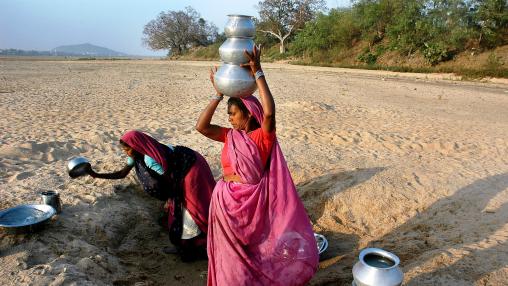
World Food Day 2023: Five actions to get us closer to water and food security for all
World Food Day 2023 (October 16) focuses on the theme “Water is Life, Water is Food. Leave No One Behind.” While no one doubts that water of sufficient quantity and adequate quality is essential to sustaining all life on Earth, including us humans, water is often taken for granted. This is largely due to the fact that its role in food systems and many other vital processes—including ecosystem health, energy production, and manufacturing—remains, on the whole, invisible.
Facilitating Anticipatory Action with Improved Early Warning Guidance
Worldwide, the number of people facing crisis-level or worse acute food insecurity has more than doubled since 2017. The 2023 Mid-Year Update of the Global Report on Food Crisis (GRFC) signals 238 million people in 48 countries with recent, comparable data are facing high levels of acute food insecurity, an increase by 10 percent from 2022. The GRFC provides trends and projections of food crises and informs the Global Network Against Food Crisis on where humanitarian and developmental assistance is most needed.
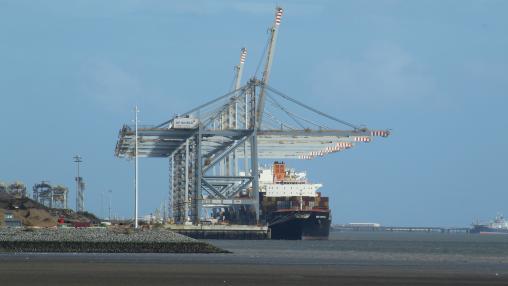
Global trade tensions fueled by rising government subsidies risk undermining efforts to fight poverty
We are witnessing important setbacks in the open, international trade system that has driven prosperity around the world and lifted billions of people out of poverty in developing countries. Geopolitical tensions, on the heels of earlier trade wars—and accentuated by shocks such as the pandemic, disruptions in supply chains, and climate events—are heightening the risk of economic fragmentation.
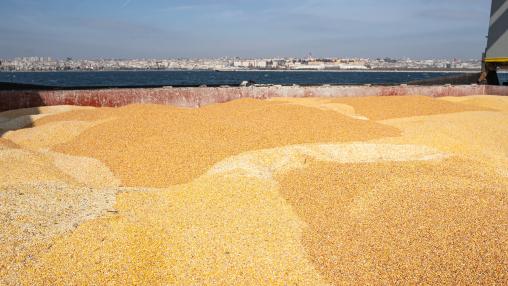
End of the Black Sea Grain Initiative: Implications for sub-Saharan Africa
Russia’s July 17 withdrawal from the Black Sea Grain Initiative (BSGI), has sparked fears of reduced exports of wheat and other key commodities to developing countries, along with other market disruptions.
Market Concentration in the Grain Industry: Implications for Food Security?
On June 13, 2023, Bunge Limited, a US-based food trader and processor, announced its intention to buy rival grain trader Viterra, a company controlled by the commodity trading firm Glencore Plc and two Canadian pension funds. If the merger succeeds, the new company would be the second largest grain trading company in the world after Cargill and become a dominant player in wheat and soybean markets. Markets for agricultural inputs like fertilizer and seed are also highly concentrated.
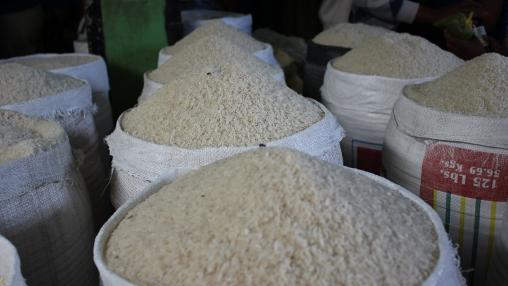
India’s new ban on rice exports: Potential threats to global supply, prices, and food security
On July 20, India announced that it would restrict exports of non-basmati rice to calm domestic rice prices that had risen more than 30% since October 2022 (Figure 1). The ban would halt overseas sales of the grain with “immediate effect,” the government announced, and is estimated to cover about 75%-80% of Indian rice exports.